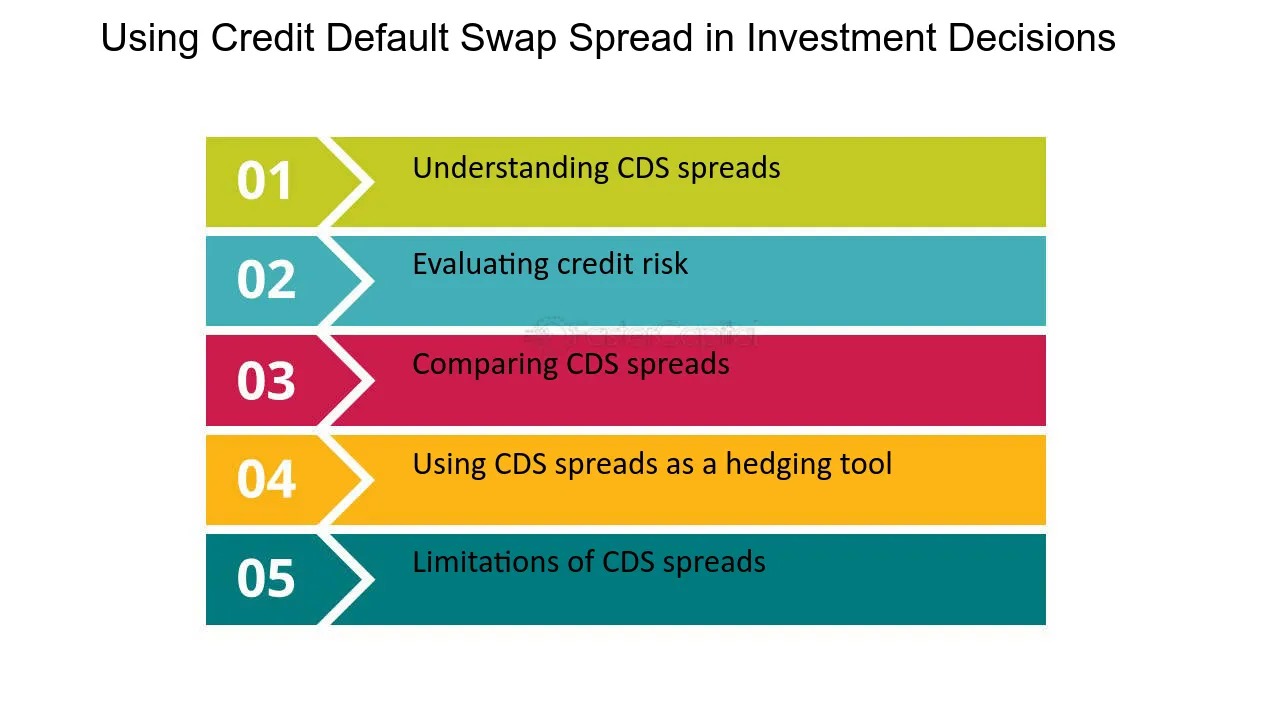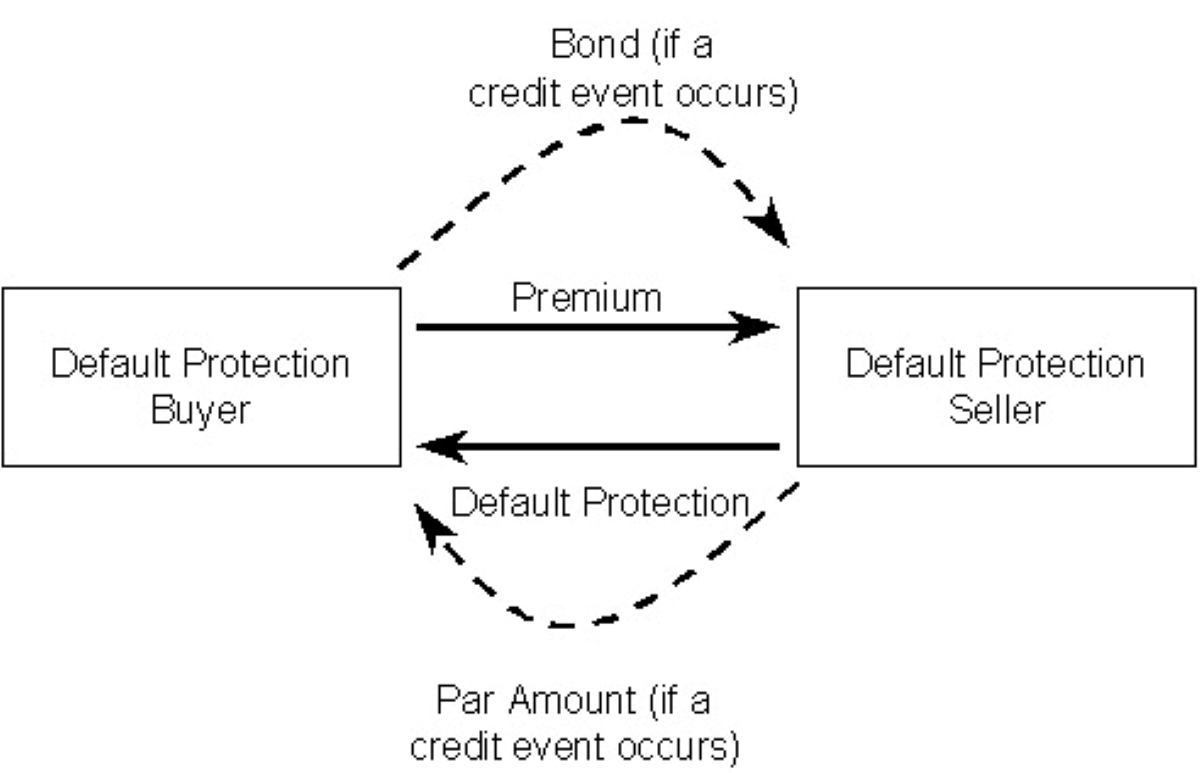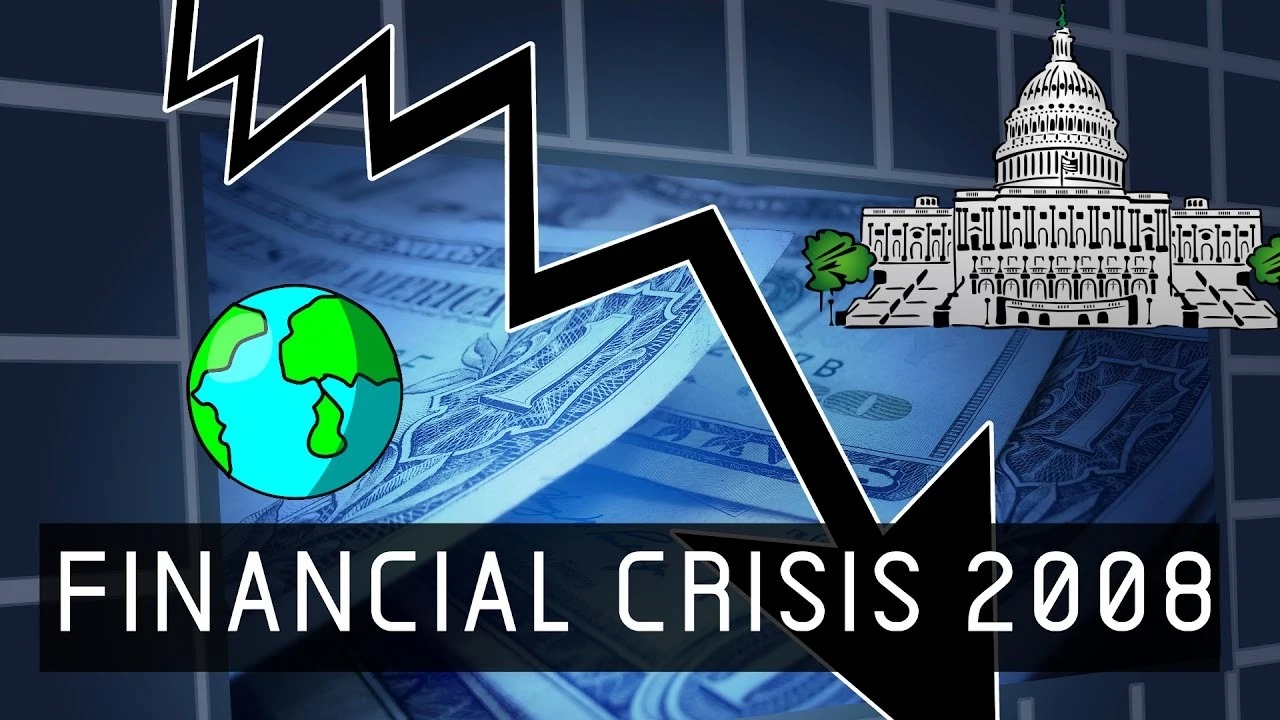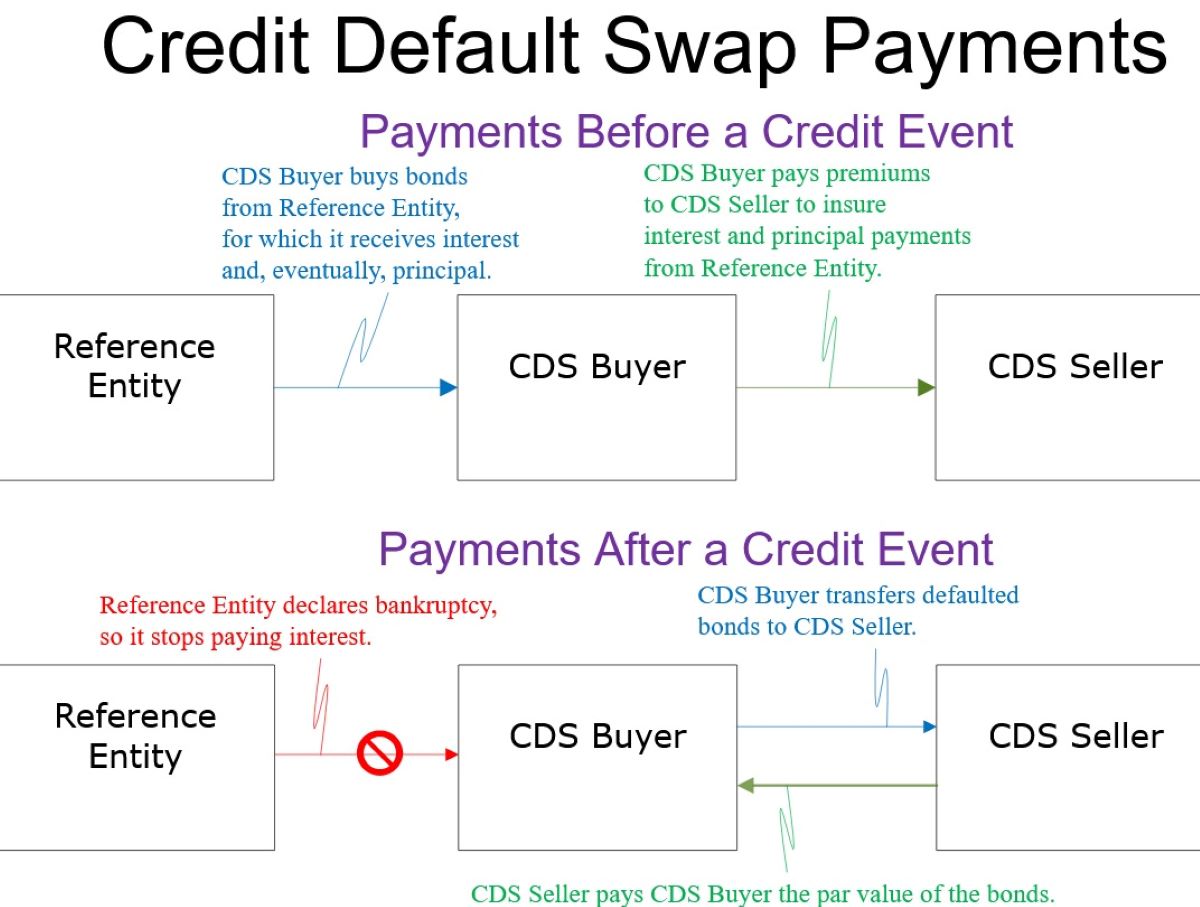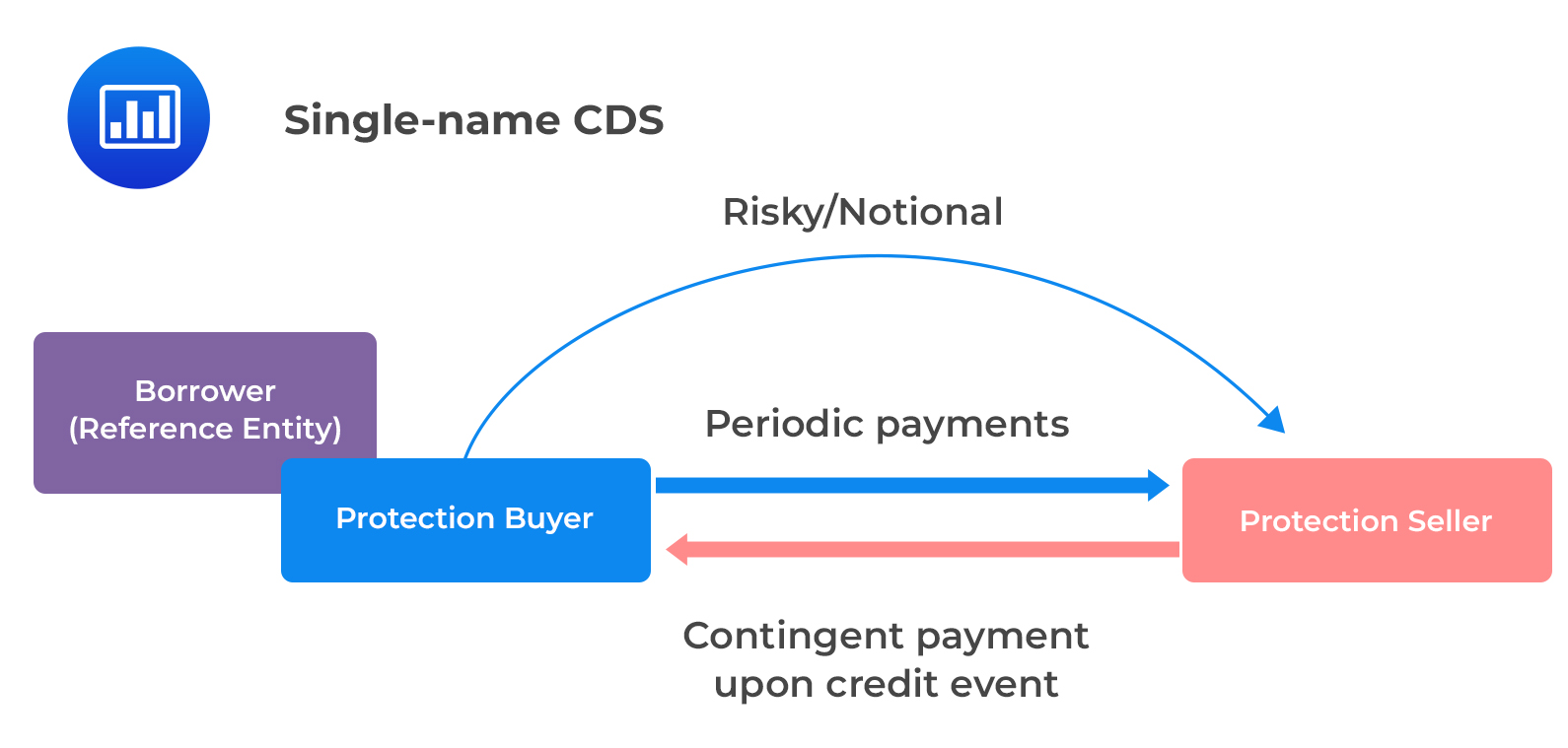Home>Finance>When Did Warren Buffett Complain About Credit Default Swaps


Finance
When Did Warren Buffett Complain About Credit Default Swaps
Published: March 4, 2024
Discover when Warren Buffett expressed concerns about credit default swaps and their impact on the finance industry. Explore his insights on this financial instrument.
(Many of the links in this article redirect to a specific reviewed product. Your purchase of these products through affiliate links helps to generate commission for LiveWell, at no extra cost. Learn more)
Table of Contents
**
Introduction
**
Credit default swaps (CDS) have been a topic of both fascination and controversy in the world of finance. These financial instruments, which gained widespread popularity in the early 2000s, are essentially insurance contracts that allow investors to protect themselves against the risk of default on loans or bonds. While CDS can serve as a valuable risk management tool, they have also been the subject of intense scrutiny due to their role in the 2008 financial crisis.
Understanding the intricacies of credit default swaps is crucial for anyone seeking to comprehend their impact on the financial markets. Moreover, the opinions of influential figures in the world of finance, such as Warren Buffett, carry significant weight and can shape perceptions and decisions within the industry.
In this article, we will delve into the concept of credit default swaps, explore Warren Buffett's notable criticism of these financial instruments, and analyze the implications of his comments on the CDS market. By examining these aspects, we aim to provide a comprehensive understanding of the significance of Buffett's stance and its influence on the broader financial landscape.
Understanding Credit Default Swaps
Credit default swaps (CDS) are derivative contracts that allow investors to hedge against the risk of default on loans or bonds. In essence, a CDS functions as a form of insurance, where the buyer of the swap makes periodic payments to the seller in exchange for protection against potential credit events, such as a borrower failing to meet their debt obligations.
One of the key features of credit default swaps is their flexibility. Unlike traditional insurance, CDS can be bought and sold multiple times, enabling investors to manage their exposure to credit risk more dynamically. This liquidity and ease of trading have contributed to the widespread use of CDS in the financial industry.
However, the complexity of credit default swaps has been a point of concern. The lack of transparency in the CDS market, combined with the potential for speculative trading, has raised questions about the stability and integrity of these instruments. Furthermore, the interconnected nature of CDS contracts among financial institutions has amplified systemic risks, as evidenced during the global financial crisis of 2008.
While credit default swaps can offer valuable risk mitigation benefits for investors and institutions with exposure to credit-sensitive assets, their intricate mechanics and potential for abuse have led to ongoing debates about their regulatory oversight and overall impact on financial stability.
Warren Buffett’s Criticism of Credit Default Swaps
Warren Buffett, widely regarded as one of the most successful investors in the world, has been an outspoken critic of credit default swaps. In his annual letter to Berkshire Hathaway shareholders in 2003, Buffett famously referred to derivatives, including CDS, as “financial weapons of mass destruction.” This stark characterization underscored his deep reservations about the potential risks posed by these complex financial instruments.
Buffett’s criticism of credit default swaps stems from his belief that these derivatives can facilitate excessive speculation and encourage irresponsible risk-taking within the financial system. He has expressed concerns about the opacity of the CDS market, highlighting the lack of transparency and oversight as key factors that could contribute to market instability and systemic vulnerabilities.
Moreover, Buffett has emphasized the asymmetrical nature of credit default swaps, where sellers of protection may not have the necessary capital reserves to fulfill their obligations in the event of widespread credit defaults. This imbalance in the CDS market raises significant concerns about the potential for widespread contagion and financial turmoil, particularly during periods of economic stress.
Buffett’s vocal critique of credit default swaps has resonated deeply within the financial community, prompting broader discussions about the appropriate use and regulation of these derivatives. His reputation as a prudent and astute investor has amplified the impact of his views, prompting market participants, regulators, and policymakers to reevaluate the role of CDS in the broader financial landscape.
By shedding light on the potential pitfalls of credit default swaps, Warren Buffett has played a pivotal role in shaping the discourse surrounding these complex financial instruments and advocating for greater prudence and transparency in their utilization.
Impact of Buffett’s Comments on Credit Default Swaps Market
Warren Buffett’s critical stance on credit default swaps has had a profound impact on the perception and utilization of these financial instruments within the market. His influential commentary has prompted investors, financial institutions, and regulatory bodies to reassess the inherent risks associated with CDS and consider the potential implications for financial stability.
One notable consequence of Buffett’s comments has been increased scrutiny and awareness of the complexities and vulnerabilities inherent in the CDS market. Market participants have become more attuned to the potential systemic risks posed by these derivatives, leading to a greater emphasis on risk management and regulatory oversight. As a result, there has been a heightened focus on enhancing transparency and accountability within the CDS market, with efforts aimed at mitigating the potential for excessive speculation and unwarranted risk-taking.
Furthermore, Buffett’s influence has prompted investors and financial institutions to exercise greater caution when engaging in CDS transactions. His admonitions regarding the asymmetrical nature of credit default swaps and the potential for widespread contagion have underscored the importance of prudent risk assessment and capital adequacy in the context of these derivatives. This heightened risk awareness has contributed to more conservative approaches to CDS utilization, with a greater emphasis on risk mitigation and counterparty due diligence.
From a regulatory perspective, Buffett’s critique of credit default swaps has catalyzed discussions on the need for enhanced oversight and regulation of the CDS market. His warnings about the systemic implications of widespread CDS trading have spurred regulatory bodies to explore measures aimed at promoting market stability and reducing systemic risks associated with these derivatives. As a result, there has been a concerted effort to implement reforms that address the potential shortcomings and vulnerabilities highlighted by Buffett, with a view toward fostering a more resilient and transparent CDS market.
In summary, Warren Buffett’s vocal criticism of credit default swaps has prompted a reevaluation of these derivatives within the financial industry, leading to heightened risk awareness, increased regulatory scrutiny, and a more cautious approach to their utilization. His influence has contributed to a more nuanced and prudent perspective on the role of CDS in the broader financial landscape, shaping the discourse and actions surrounding these complex financial instruments.
Conclusion
The discourse surrounding credit default swaps has been significantly influenced by Warren Buffett’s outspoken criticism of these complex financial instruments. Buffett’s characterization of derivatives, including CDS, as “financial weapons of mass destruction” has reverberated throughout the financial industry, prompting a reassessment of the risks and implications associated with these derivatives.
Buffett’s critique has underscored the need for greater transparency, accountability, and prudence in the utilization of credit default swaps. His warnings about the asymmetrical nature of CDS transactions and the potential for widespread contagion have catalyzed a more cautious approach among market participants, leading to enhanced risk awareness and a greater emphasis on risk management and counterparty due diligence.
Moreover, Buffett’s influence has extended to the regulatory sphere, prompting discussions on the need for enhanced oversight and reforms within the CDS market. Regulatory bodies have been spurred to explore measures aimed at promoting market stability and mitigating systemic risks associated with these derivatives, aligning with Buffett’s advocacy for a more resilient and transparent CDS market.
Ultimately, Warren Buffett’s critical stance on credit default swaps has contributed to a more nuanced and prudent perspective on the role of these derivatives in the broader financial landscape. His influence has prompted a reevaluation of the inherent risks and complexities associated with CDS, shaping the discourse and actions surrounding these instruments. As a result, the impact of Buffett’s comments has been instrumental in fostering a more cautious and risk-aware approach to credit default swaps, with implications for market participants, regulators, and the broader financial ecosystem.


